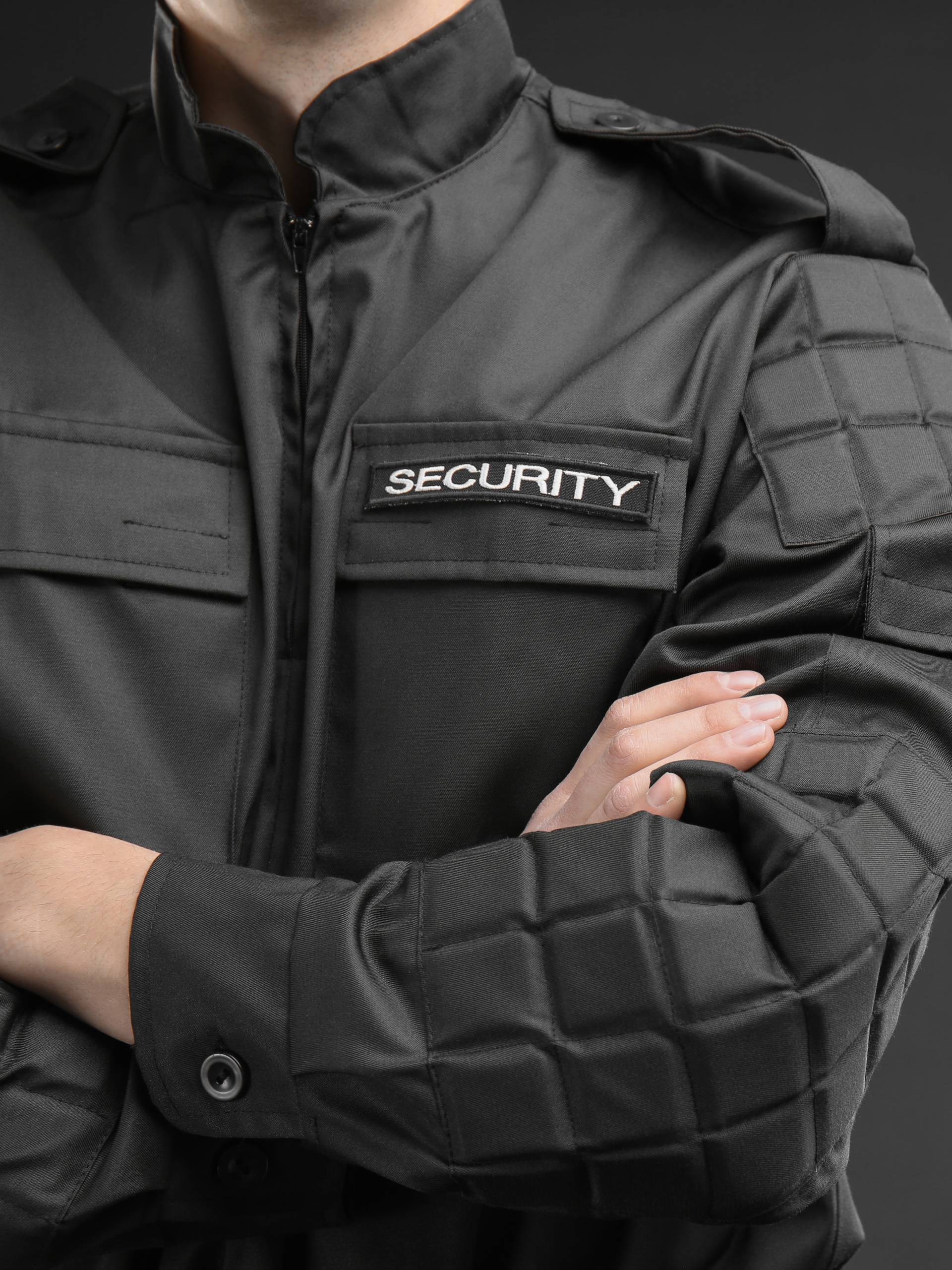Private security officers play an essential role in maintaining safety and order across a variety of industries. Despite their importance, many misconceptions persist about their training, responsibilities, and effectiveness. Dispelling these five myths about private security officers will help the public better understand the critical functions these workers perform.
Myth 1: Private Security Officers Have No Training
Many people assume that private security officers receive little to no training before starting their jobs. This belief is far from accurate.
Security officers undergo extensive training that includes conflict resolution, emergency response, legal regulations, and defensive tactics. Depending on their role, they may also receive specialized instruction in areas such as surveillance, cybersecurity, and access control.
Companies that hire security personnel prioritize individuals with certifications and ongoing education. Security officers must have the skills to handle various situations, making training a fundamental part of their profession.
Myth 2: Private Security Officers Don’t Carry Firearms
Another common misconception is that private security officers don’t carry firearms. While some security personnel work in unarmed roles, many have licenses to carry firearms, particularly those assigned to high-risk locations such as banks, government buildings, and large-scale events.
Firearms training for security officers includes marksmanship, de-escalation techniques, and legal considerations. In many jurisdictions, armed security officers must complete regular requalification courses to ensure they remain proficient and responsible. Firearms training isn’t solely about shooting accuracy—it emphasizes judgment, restraint, and the ability to assess threats appropriately.
Myth 3: Private Security Officers Have No Legal Authority
Some believe that security officers lack legal authority and can only act as passive observers. Security officers can have a range of legal powers depending on their jurisdiction and the specific duties assigned to them.
Many security officers have the authority to detain individuals suspected of criminal activity until law enforcement arrives. They can also enforce property rules, manage access control, and respond to emergencies.
Myth 4: Security Officers Only Work at Night
The idea that private security officers only work at night is another widespread myth. Security professionals operate around the clock, protecting businesses, schools, hospitals, residential areas, and event venues.
Their responsibilities include monitoring security cameras, patrolling properties, managing entry points, and handling disturbances. Security officers provide safety during business hours, special events, and emergencies, ensuring that properties and individuals remain protected at all times. Their presence is vital in both daytime and nighttime settings.
Myth 5: Private Security Officers Rely Only on Physical Presence
Many believe that security officers simply stand guard and rely on their presence to deter crime. While visibility is a key deterrent, security officers also use advanced technology and communication systems to perform their duties effectively.
Officers must communicate efficiently to coordinate responses, manage incidents, and relay crucial information. They must understand how to operate surveillance equipment and alarm systems and know the two-way radio mistakes to avoid as part of their daily operations.
Private security officers play a vital role in maintaining safety, and their responsibilities extend far beyond what most people expect. Dispelling these five myths about private security officers reinforces the professionalism and preparedness required in this field. The next time you see a security officer, remember that they’re trained professionals dedicated to keeping people and property safe.
Casey Cartwright
Latest posts by Casey Cartwright (see all)
- Modern Gear You Should Have for Your Next Camping Trip – May 9, 2025
- What To Know About Ground-Up Range Construction – May 9, 2025
- 5 Safe Places To Park Your Car for an Overnight Hunting Trip – May 8, 2025

Leave a Reply